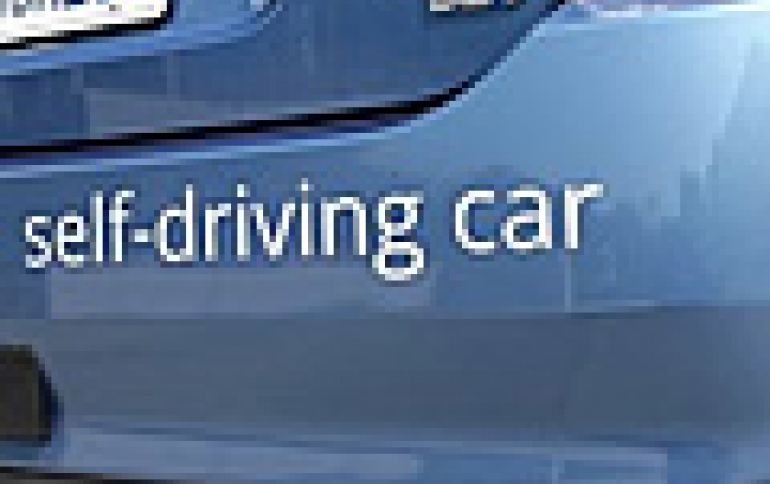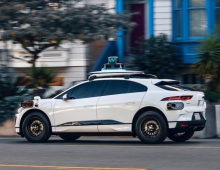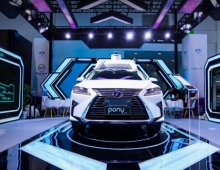
California Proposes Law That Would Require No Human Presence In Self-driving Cars
A proposed law in California released on Friday allows companies test self-driving cars on public roads without having a human inside the vehicles, and also restricts how the technology is advertised. The new regulations would allow for the absence of a driver in some instances, provided there is two-way communication with the vehicle.
The original draft regulations by the Department of Motor Vehicles were criticized by some tech companies as being overly restrictive and stifling innovation. Moreover, disabled groups complained that the requirement of a driver in the car hurt the very people that autonomous vehicles would most benefit.
California is one of a handful of states to have passed regulations enabling self-driving car testing on public roads.
Currently, 15 companies have permits to drive autonomous vehicles on public roads in the state provided there is a licensed driver in the car.
Now, carmakers will have to certify that they have met a 15-step safety assessment issued by the National Highway Traffic Safety Administration. That safety assurance means self-driving cars will no longer be required to be tested by a third-party, as in the original proposal.
The changes also prohibit advertising semi-autonomous systems like enhanced cruise control and lane-assist systems using terms like "autonomous" or "self-driving."
The draft regulations face a new period of public comment before being finalized.





















